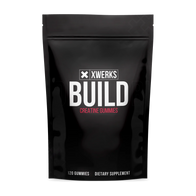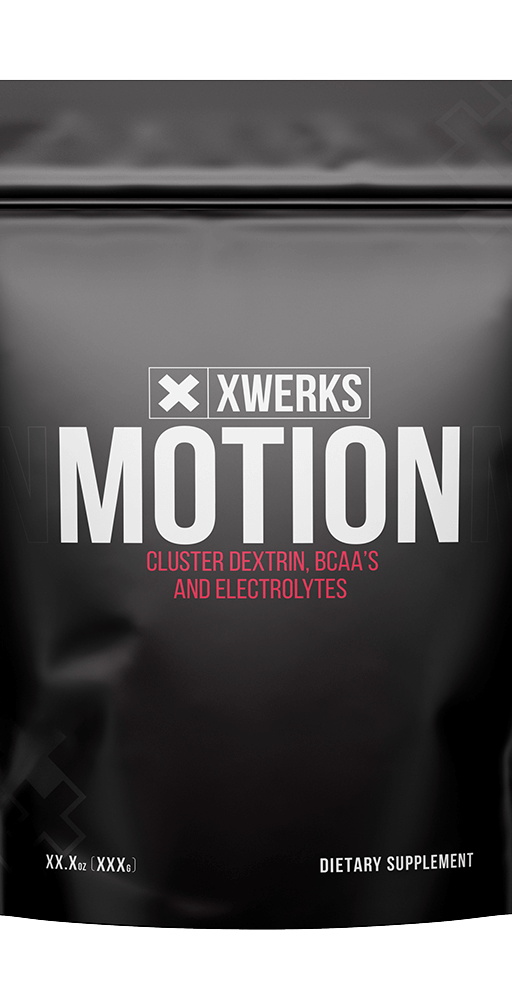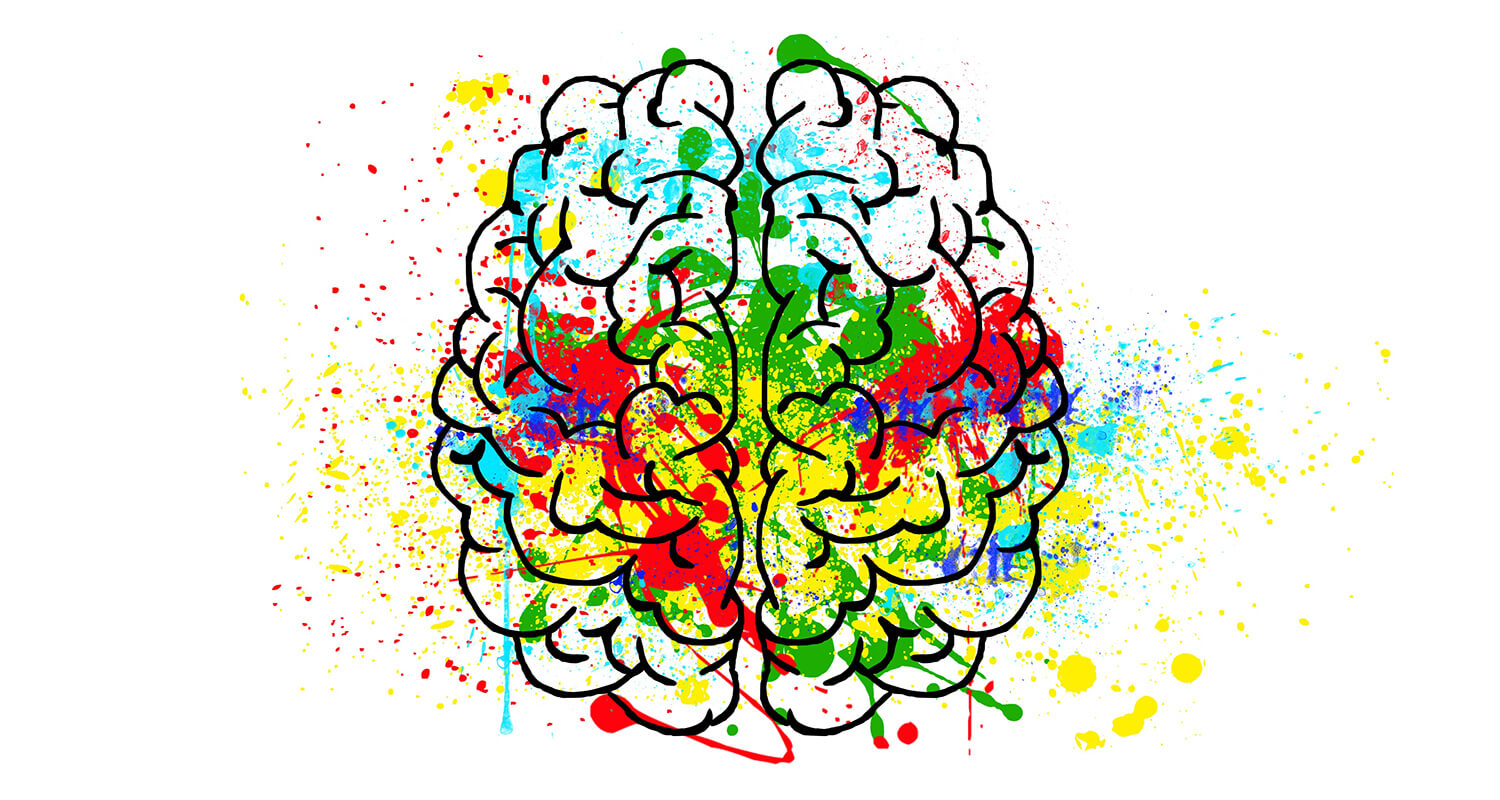What are Nootropics: Supplements for Optimal Performance, Mood, and Cognition
We all have dreams of reaching our full potential. To get there, we need to grow; we might need to become smarter, faster, stronger, or happier. Nootropics are a category of drugs and supplements that promise to help you along this journey to becoming a better version of yourself.
Nootropics, also known as “smart drugs,” are one of the most popular categories of supplements for high-performing students, athletes, and young professionals doing what they can to get ahead.
No matter your personal goals, there’s a nootropic out there that can help you achieve them. These substances have been shown to:
- Boost athletic performance
- Enhance memory and learning abilities
- Quicken mental processing speed
- Reduce fatigue
- Improve mood
- Lessen anxiety and depression
- Support creativity
- Increase focus and attention span
So, what are these magical pills that can give us an extra edge?
What Are Nootropics?
Nootropics are supplements used to enhance brain health and function. There are hundreds of nootropic compounds, typically divided into two categories:
-
All-natural nootropics are those derived from plants and fungi.
-
Synthetic nootropics are those that are man-made.
While humans have been using specific plants and fungi for thousands of years to support cognitive function, only recently have we begun working in labs to understand these compounds at a deeper level, while also creating new compounds that offer additional benefits.
Some natural nootropics are simply plants themselves, such as ashwagandha, which is used to help relieve stress and anxiety. Others are specific components extracted from these plants, such as L-theanine from green tea, that are credited for specific medicinal benefits.
When it comes to synthetic nootropics, these can be further divided into prescription drugs or supplements. Prescription drug, like Adderall, are those that have gone through extensive testing and whose risks and benefits are thoroughly understood. Synthetic supplements, on the other hand, are considered supplements and not drugs thanks to their not being approved to treat any specific condition. Typically, they haven’t had nearly as much testing as prescription drugs, leaving neurohackers to comb the web for first-hand accounts of what to expect.
A Brief History of Nootropics
In 1964 Belgium, Dr. Corneliu E. Giurgea synthesized piracetam, a GABA derivative that inspired him to coin the term “nootropic” in the 1970s, categorizing this and similar cognitive enhancing drugs.
During this same time period, extensive research was being conducted in the USSR (present-day Russia) on how to use different compounds to enhance mental and physical performance.
Using Dr. Giurgea’s research as a foundation, USSR scientists developed numerous compounds similar to piracetam. These nootropic drugs belong to the racetam family of nootropics, which are drugs with a similar chemical structure to piracetam.
Simultaneously, these USSR scientists were researching adaptogenic drugs, which are those that help the body and mind adapt to stress. They were using this research in the hopes of strengthening their military, Olympic athletes, and astronauts. During this time, they were so secretive about their research that revealing their secrets was punishable by death!
Since this time, research has continued in Russia and elsewhere to develop or discover the perfect nootropics and adaptogens. Across the world, scientists continue to elucidate the nootropic benefits of natural plant medicines while others create new synthetic compounds that may become future cognitive enhancers.

How “Smart Drugs” Became Mainstream
If synthetic nootropic drugs have been around for nearly 50 years, and natural ones around for the whole of human history, you may wonder why you’re only now hearing about them?
The idea of a pill that can expand our performance was made popular by the 2011 movie Limitless. In this film, the main character, played by Bradley Cooper, was struggling from writer’s block and a lack of motivation to make his life better. His slovenly lifestyle drove his girlfriend away and left him in a rut with seemingly no way out.
At his lowest low, he was presented with an experimental drug called NZT-48. When he took it, everything instantly changed. He wrote hundreds of pages for his book in just one night, cleaned up his apartment and his life in general, and became incredibly intelligent and charismatic.
While the movie ends with a cautious message about the danger and power of this drug, the idea of a pill that could improve our cognition took off in popular culture. Being that the term “nootropics” had already existed for decades, it did not take long for many people to dive right into these performance boosting supplements.
Feeding this popularity has been the support of people like Tim Ferriss, a well-known biohacker, and countless user stories on sites like Reddit and Longecity.
Do Nootropics Work?
While we don’t yet have a drug quite as powerful as the fictitious NZT-48, nootropics undoubtedly work. Some nootropics have thousands of studies demonstrating their efficacy, while others have a much more limited handful of preclinical studies.
Some are so widespread that you may be surprised to learn that you’ve already tried them; one examples is caffeine. Caffeine is touted for its powerful, and noticeable, nootropic benefits. It reduces fatigue, improves how quickly we work and think, and even enhances our physical performance.
Other common examples include fish oil, lion’s mane mushrooms, turmeric, Adderall, Ritalin, and more. There are also nootropics famous for their benefits within the neurohacker communities, such as Modafinil and noopept, that you’ve unlike heard of if this is your first introduction into the world of nootropics.
How Do Nootropics Work?
Our brains are quite complex, and as such, there is no one singular mechanism through which nootropics exert their influence. There are a variety of pathways through which these compounds positively impact our cognitive health and function, and we’re likely to continue to learn of more as time goes on.
Some of the mechanisms through which smart drugs work include (R,R) :
-
Impacting Neurotransmitters: Neurotransmitters are chemicals messengers used within our brains. They impact how we feel, how well our memories work, how long and intently we can focus, and much more. By boosting or regulating the activity of these brain chemicals, nootropics can impact our cognition.
-
Boosting Blood Flow: Blood delivers the oxygen and nutrients that our brains need to function. Some nootropics enhance cerebral blood flow, increasing the availability of oxygen and nutrients to our cognitive centers. This can help to improve how our brains function as well as their overall health.
-
Protecting the Brain from Damage: Some neurotransmitters reduce neuroinflammation, oxidative damage, and protect the brain from toxins and the effects of aging, increasing brain health and function.
-
Encouraging Neuron Growth and Neuroplasticity: Our brain cells are known as neurons, with neuroplasticity a term to describe how well our neurons communicate with one another. Some nootropics boost neuron growth and promote optimal neuroplasticity.
-
Providing Cognitive Energy: Our brains rely on energy created by the mitochondria in each neuron to function. By increasing the health and function of the mitochondria, certain nootropics support energy creation in the brain.
-
Altering Brain Waves: Our brains are electrochemical organs that have four categories of brain waves. These brain waves range from faster waves associated with activity and mental arousal to slower waves associated with deep sleep. Certain nootropics have been found to alter brainwave activity, thus changing how alert we feel.
Who Can Benefit from Taking Nootropics?
Most everyone can benefit from taking nootropics, particularly those that have been found to enhance our brain health and cognition. That said, there are certain people for which these benefits are particularly impactful, including those who:
- Heavily rely on memory and learning abilities, such as students
- Put stress on their bodies, such as athletes
- Struggle with depression or anxiety
- Need to perform well with little sleep, such as surgeons or military personnel
- Experience chronic fatigue or brain fog
- Have memory troubles
- Are predisposed to, or have, neurological conditions, such as Alzheimer’s disease
It is because of these benefits that students, athletes, entrepreneurs, and other high performers are well-known for utilizing these compounds.
Are Nootropics Safe?
Altering your brain chemistry is a new idea for many, and as such, can lead to some trepidation. This leads us to the question:
How safe, exactly, are nootropics?
Overall, nootropics are safe. Of course, the safety of nootropics varies from one compound to another, just as it does with other supplements and drugs.
Natural nootropics tend to have a better safety profile than synthetic nootropics. You can see this with a simple example: compare the risks of caffeine consumption with that of Adderall. While both of these are stimulants, Adderall comes with a much more serious list of possible side effects, plus, it’s an addictive drug.
Caffeine, on the other hand, when used responsibly, may yield health benefits when it’s used for long periods of time. Coffee and tea have both been found to be powerful antioxidants, protecting the health of our brains and our bodies. They may even protect our heart health with prolonged use.
This isn’t to say that all synthetic nootropics come with large risks, and all-natural nootropics are safe with little risk of drug interactions; there are synthetic nootropics that are safe for long-term use and benefit your brain health, and there are natural nootropics that have dangerous interactions with other drugs.
The safety of nootropic supplements largely depends both on the nootropic itself and on the amount of research that you, the user, puts into it before adding a new nootropic to your supplement regimen. Many nootropics are safe and improve your cognitive health over time, while others are experimental drugs with little scientific research, and thus, come with bigger risks.
Where Can I Buy Nootropics?
Natural nootropics are easy to come by, with many of them available at your local health food stores. Synthetic nootropics, on the other hand, vary in legality and availability depending on where you live.
For most nootropics, you can visit one of a handful of credible online retailers, where you can find synthetic nootropics that are often not available in physical locations. One example is Nootropics Depot, a trusted nootropics vendor that ships most anywhere in the world.
Additionally, you can find products that combine multiple nootropic compounds into a single supplement designed for specific benefits, such as working out or improving memory and learning. These are a great option if you have specific goals in mind and would like all the research and dosing to have been done for you.
Xwerks Ignite is our pre-workout mixed with a blend of nootropics selected for peak athletic performance in mind.

Final Thoughts
Nootropics are powerful cognitive enhancers that can help high-performers excel in all arenas in life. While most everyone can benefit from their use, it’s important to do your research before adding a new nootropic. You want to confirm which nootropics are best for your personal situation, and make sure that they’re safe to use with the other supplements and drugs that you’re currently taking.
























